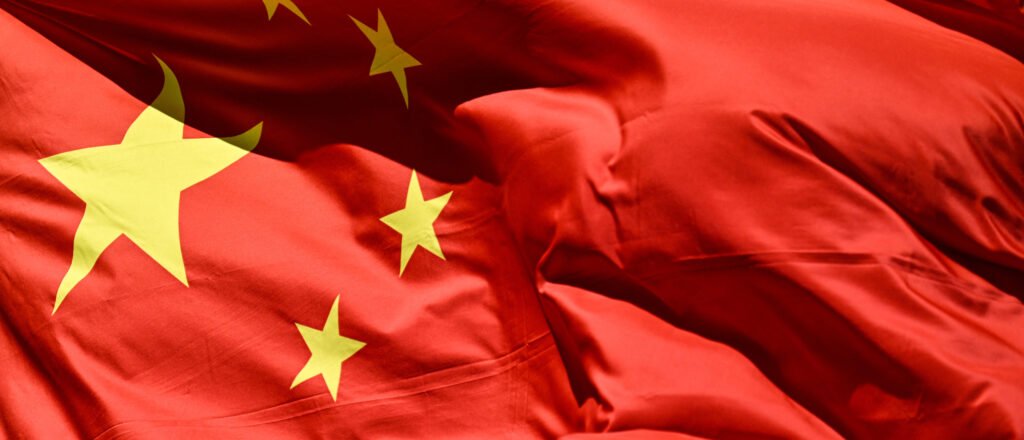President Trump’s move to dismantle Iran’s nuclear capabilities is largely seen as a significant achievement, showcasing the impressive and controlled military strength of the U.S. It illustrates how targeted action can help create peace by reducing hostilities between warring parties.
However, attention will need to shift back to the Middle East while also considering the ongoing threats from China. Although the situation in Ukraine is serious, the challenge posed by the Chinese Communist Party (CCP) demands a more immediate focus. The current geopolitical landscape, often likened to a new Cold War, should be prioritized by the Trump administration as it will undoubtedly require serious effort.
In recent years, there have been attempts by Marxist ideologies to infiltrate American institutions, notably in higher education. This strategic move has transformed many universities into centers promoting anti-American beliefs that undermine national identity.
Notably, a significant number of international students in U.S. schools hail from China. At Harvard, about one-quarter of foreign students come from China, while that figure jumps to nearly 50% at other prestigious institutions like Columbia and UCLA, as noted in a recent analysis.
This trend highlights an issue where China remains the largest consumer of education-related services, investing a staggering $14.3 billion in 2023. With this influx, it’s concerning that we provide the means for a strategic adversary to nurture its future leaders.
When considering the average annual income for a Chinese citizen is under $14,000, it’s evident that these students typically come from affluent backgrounds, often with ties to the CCP. Moreover, they need government approval to leave China and are often required to assist in discreet operations.
While some Democrats express concern over the implications of restricting Chinese students from studying in the U.S., the reality is that these students aren’t enrolling in courses that align with liberal ideologies. Instead of being preoccupied with topics like gender studies, they’re often focused on practical skills like science and engineering.
The Trump administration rightly questions the ramifications of allowing such access to our educational institutions, especially when the Soviets had similar restrictions. The approach to converting these students into advocates for democracy may have been a noble idea, but it has likely weakened our stance as a nation.
Taking back leverage against China involves more than simply addressing the CCP’s educational institutions. Today, the CCP is a crucial player in multiple sectors, including medicine, where it supplies 88% of active ingredients in pharmaceuticals. This raises concerns about a reliance on a nation that has an interest in undermining our population.
China has also increased its control over food additives used in various processed goods, raising alarms since this trend started back in 1979. Notably, in 2013, China’s WH Group acquired Smithfield Foods, an all-American brand, which means Chinese interests have a hand in products that many people consume daily.
Recent events have shown the dangers of lax security, as two Chinese nationals were apprehended while attempting to smuggle weapons potentially capable of harming crops and human health. One of them had received funds for studies at the University of Michigan from the Chinese government.
It’s crucial to acknowledge that any company with connections to China is ultimately linked to the CCP, which maintains control over these entities. There’s a growing concern regarding Chinese ownership of significant assets, with estimates suggesting they hold vast swathes of farmland and iconic properties.
This issue deserves serious consideration by lawmakers as Chinese interests expand. The infiltration of our government by CCP operatives is a troubling parallel to past Soviet tactics and should be addressed with urgency.
Current domestic drug issues, particularly regarding marijuana and the crisis surrounding fentanyl, point to a broader strategy by the CCP to undermine American society. Additionally, the technological competition between the U.S. and China poses a substantial threat that requires our attention.
In a world where influence and manipulation operate on multiple levels, it’s vital to recognize that China is actively pursuing a campaign against the U.S. This isn’t just a cold war; it involves tactics that are extensive and aggressive, threatening our very way of life.
In conclusion, whether political leaders and the media choose to acknowledge it or not, decisive actions must be taken. The success of any nation hinges on its leverage in global affairs, and the loss of that advantage to our most dangerous adversaries is a critical issue that the Trump administration needs to focus on to safeguard national security and freedom.
















